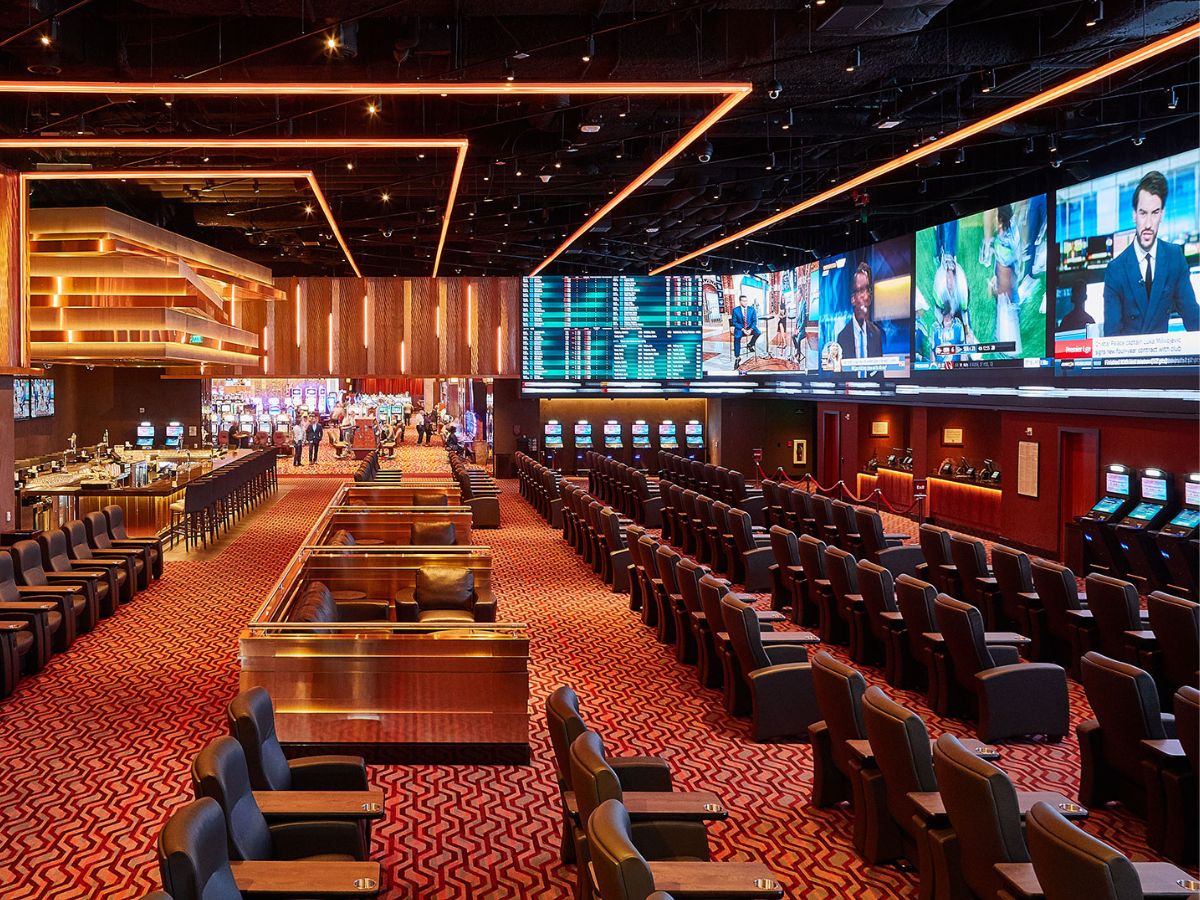Casino entertainment have long been a engaging source of amusement, drawing millions of players from different cultures around the globe. From the lively casinos of Vegas to the busy gambling halls of the Cotai Strip, these games serve as a link that connects people across various backgrounds. The allure of luck, skill, and risk entices not only those hoping to gamble for profit but also those looking for a shared experience.
The cultural impact of casino games extends significantly past the gaming floor. They often reflect the values and principles of the cultures in which they prosper. Games such as poker, pontoon, and the wheel game have embedded themselves into the mosaic of mainstream culture, influencing various aspects from films to fashion. As we explore this intriguing intersection of gambling and society, we can comprehend better how gambling games shape and are affected by the environment surrounding us.
Historical Development of Gambling Activities
The roots of gambling activities can be traced back to old cultures, where betting in different forms was widely engaged in. In the East, around 2300 B.C., a type of gambling known as Keno was common, while in old Rome, soldiers would regularly gamble on the consequences of their games. The concept of using randomness for fun and income evolved over the centuries, leading to the creation of more structured activities. By the end of the Middle Ages, betting houses started to emerge in Europe, especially in the Italian peninsula, which brought forth early incarnations of well-liked games still practiced today.

As gambling gained popularity in European regions, the 17th and 18th centuries saw the appearance of gaming houses as specialized locations for betting. The initial official gambling house, the Ridotto, was established in Venice in 1638, offering games like the game of Baccarat and Faro games. This era marked a major pivoting point, as casinos began to attract not just the high society but also the expanding middle-income class. The sophistication of games evolved, leading to the creation of new regulations and variations that improved the play experience.
In the 19th century, the industrial revolution and changes in social norms additionally transformed the terrain of gaming games. The introduction of the game of roulette and contemporary slot machines attracted a larger audience, and gaming houses became seen as legitimate recreation. This time witnessed the worldwide proliferation of gaming, as gambling houses spread from the continent to the Americas, culminating in the establishment of the iconic Las Vegas Strip in the 20th century. The development of casino games has continued into the present day, integrating modern technology and online platforms, making them open to a worldwide market.
# Cultural Significance in Diverse Communities
Casino activities have significant social value in numerous cultures across the planet. In Las Vegas, the very core of the urban landscape is woven around gaming venues, where gambling is not just a pastime but a key aspect of leisure and community interaction. The dazzling lights and lively atmosphere attract countless individuals, showcasing how games of chance can influence local economies and cultural identities. This environment transforms the notion of leisure into an immersive encounter that shapes apparel, melodies, and even movies.
On the other hand, some communities treat gambling with an air of caution, considering it through the lens of ethical considerations and heritage. For example, in numerous Eastern societies, games like Mahjong and Pai Gow Poker are steeped in history and have significant social implications. These games are often played during meetings and festivities, fostering social ties and solidifying kinship ties. The act of participating in these games goes above mere amusement, reflecting ethics such as honoring elders and the importance of collective enjoyment.
Meanwhile, in Western countries such as Monte Carlo and Rome, gambling activities serve as symbols of opulence and refinement. The elegant atmosphere of these locations attracts both tourists and locals, reinforcing a sense of distinction and exclusivity. The art of the game of poker and the strategic features of games like baccarat are celebrated, influencing interpersonal interactions and cultivating an appeal that enthralls a heterogeneous audience. RR88 This emphasizes how gambling can both reflect and shape cultural perspectives towards hazard, benefit, and social interaction.
Financial Influence and Travel Industry
Casino games play a significant role in the economic landscape of many areas, particularly those that rely heavily on tourism. The revenue generated from gambling establishments fuels local economies, creating jobs not only within the casinos themselves but also in connected industries such as hotel management, dining, and entertainment. This influx of tourists, drawn by the attraction of gambling and the overall casino experience, stimulates expenditure across multiple local enterprises, contributing to the economic health of the area.
The presence of casinos often leads to the development of infrastructure, including lodging, transportation systems, and leisure amenities. These improvements are essential in enhancing the overall visitor satisfaction, making destinations more appealing to visitors. Additionally, many casinos invest in local communities through support of activities and philanthropic initiatives, further integrating themselves into the social fabric of the region. Such investment not only supports economic growth but also cultivates a positive image of the casino industry.
In addition, the global popularity of casino games drives tourism competition, with regions vying to attract players from around the world. Iconic locations like Las Vegas and Macau have become synonymous with gambling culture, drawing millions annually. This competitive edge encourages creativity and diversification within the gaming industry, influencing developments in leisure and hospitality that extend beyond their limits. The ripple effects of this tourism extend wide, impacting local financial health and cultural interactions on a worldwide scale.